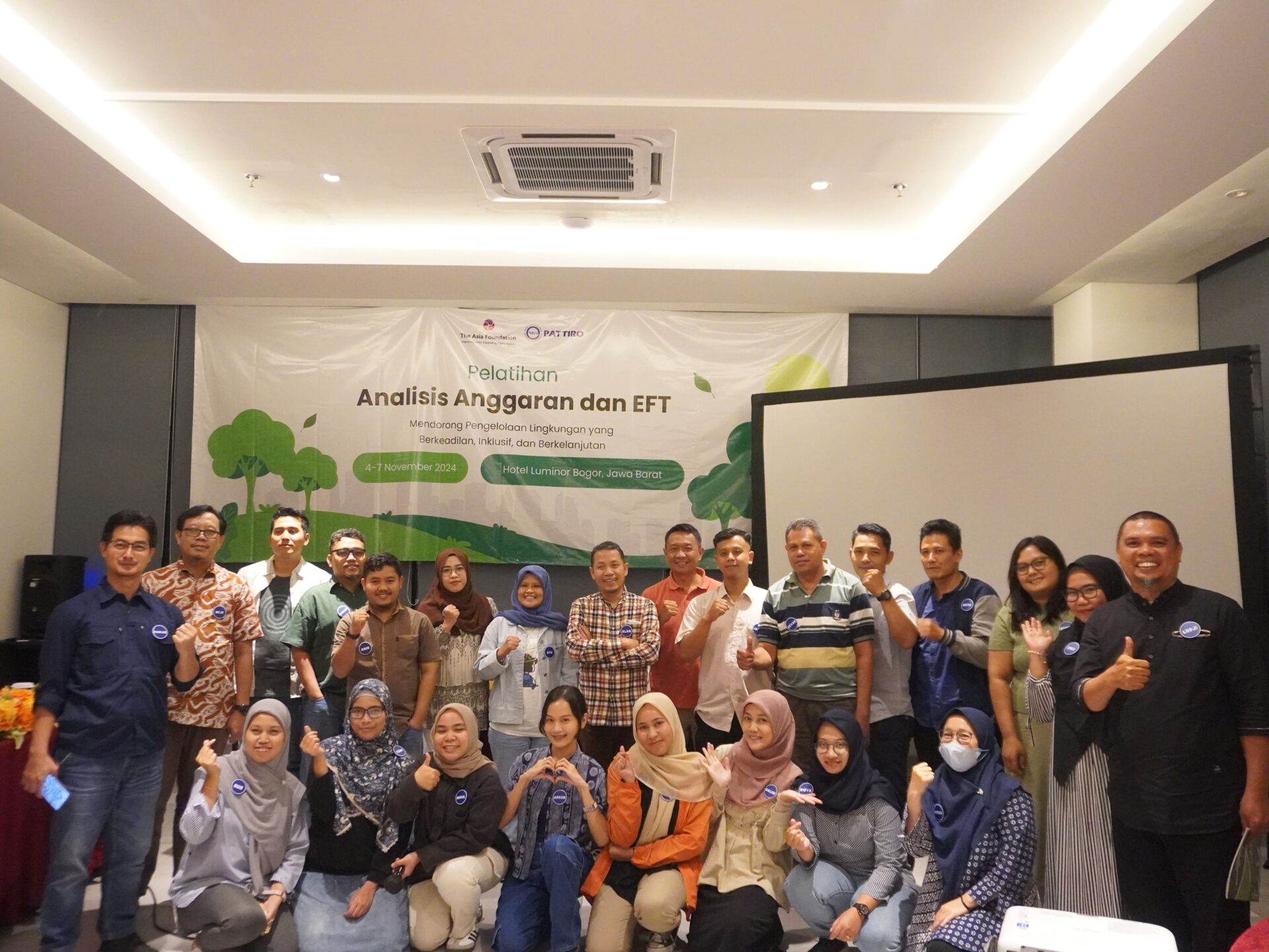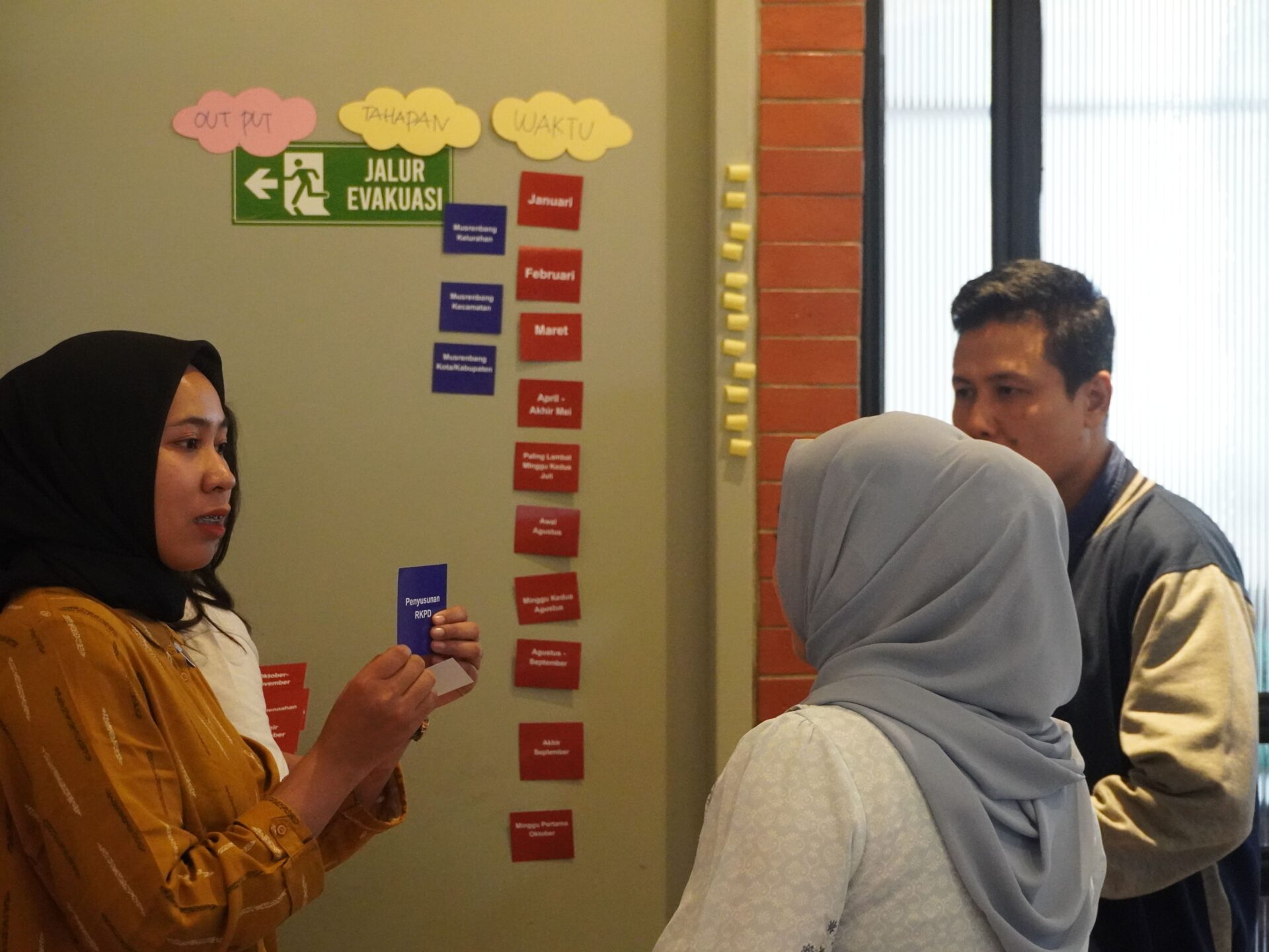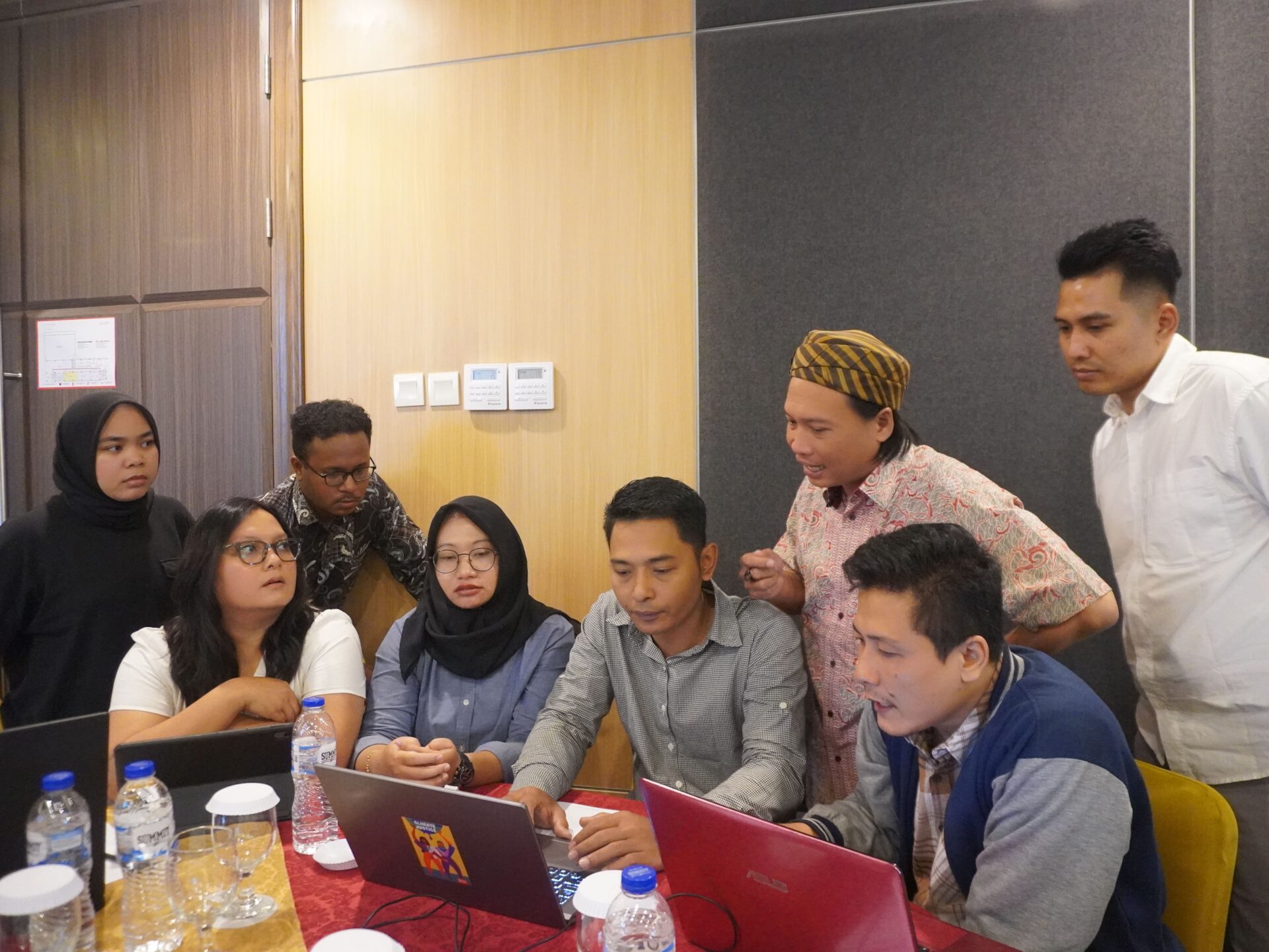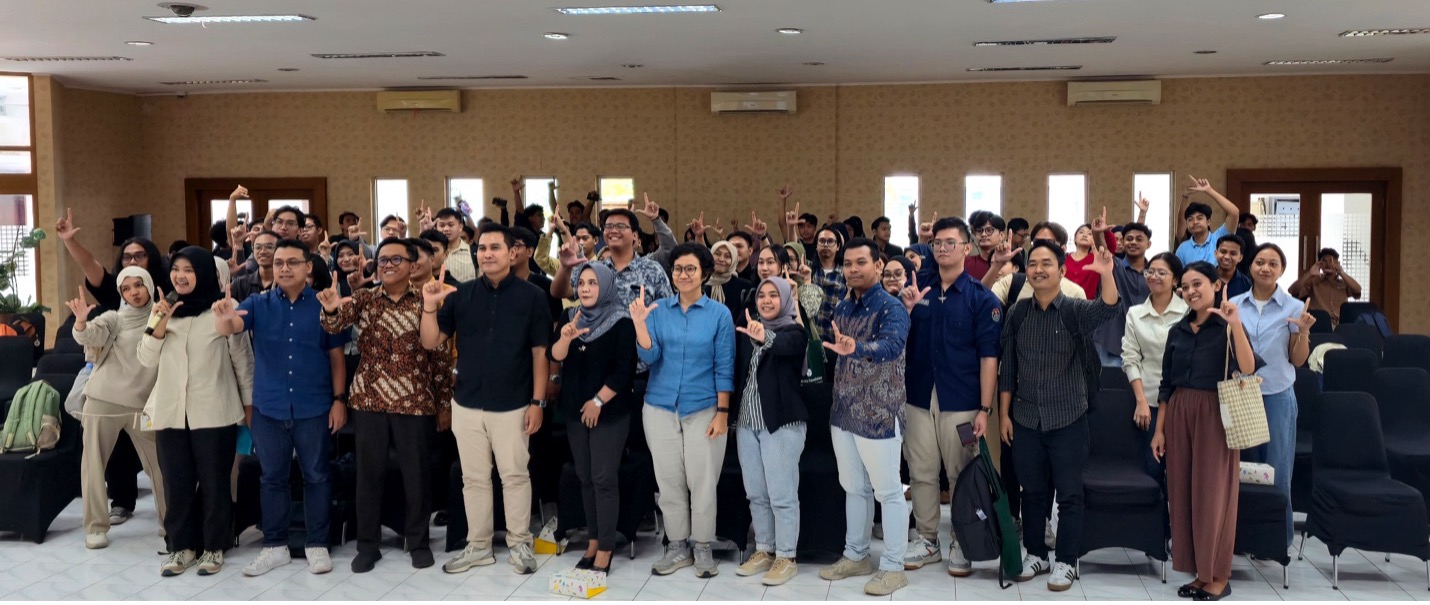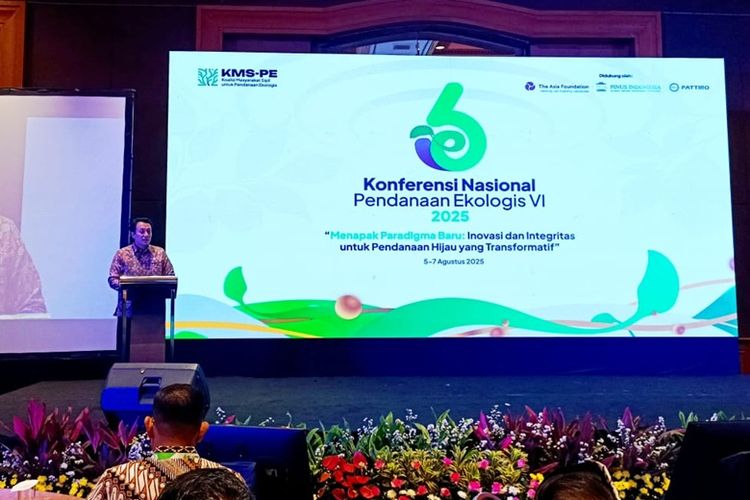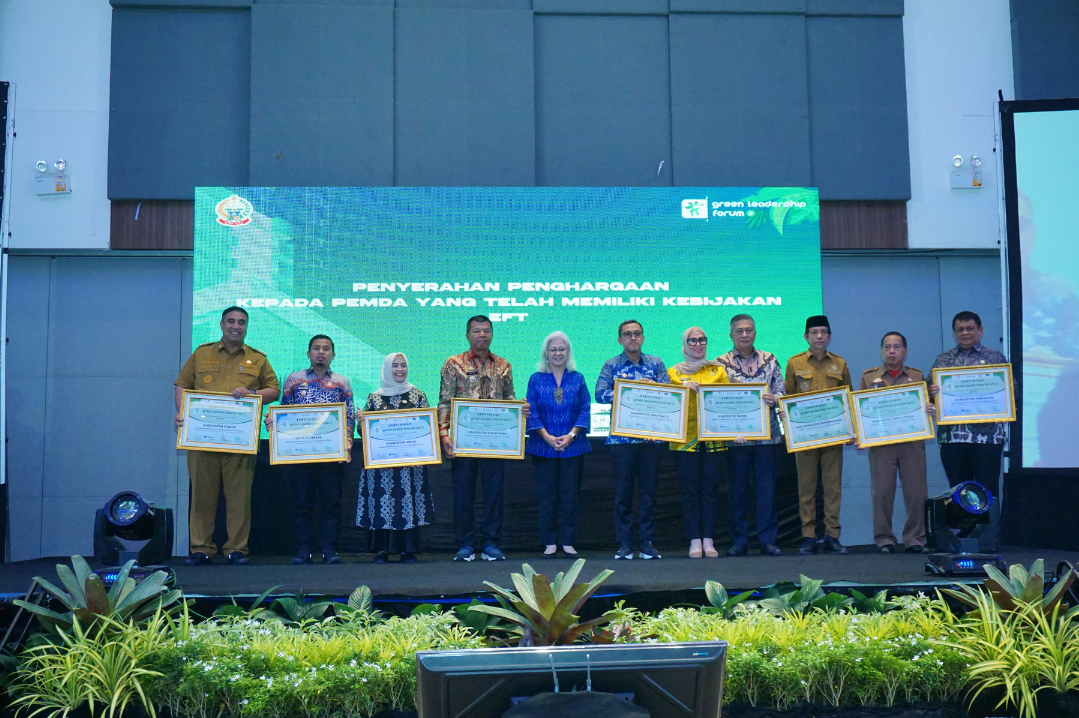In an effort to strengthen advocacy for environmental conservation through local budgets, a number of civil society organization (CSO) partners attended a capacity building training to support the implementation of the Ecological Fiscal Transfer (EFT) scheme organized by PATTIRO through the support of the Asia Foundation on November 4-7, 2024 in Bogor, West Java. The training was attended by 17 participants, including 9 men and 8 women from various civil society organizations in the region, namely GERAK Aceh, FITRA Riau, PINUS Sumsel, Jari Borneo Kalbar, Sikola Mombine, Green Nusantara NTB, PIAR NTT, Pioner Papua, ywl Merauke, Seknas FITRA, and PATTIRO Banten, Pekalongan, and Malang.
This training aims to equip CSOs with knowledge and skills in advocating for the implementation of EFT schemes in their respective regions. “Hopefully, CSOs will be able to encourage EFT practices in their regions and provide effective and sustainable recommendations in allocating a more equitable and transparent environmental conservation budget,” said Bejo Untung, Executive Director of PATTIRO, at the opening of the training.
Through a fund transfer mechanism with ecological indicators, the central government seeks to encourage better environmental management by local governments. Through this approach, the hope is that the region moves to invest in maintaining environmental quality.
Trainees are provided with an in-depth understanding of ecological development, the strategic role of government in environmentally based development, and local budget analysis techniques. The material covers the basics of ecological development in Indonesia, the challenges and importance of an inclusive approach, and the Regional Planning and budgeting system, including the functions of the APBD and budget analysis techniques for the environmental sector.
In addition to theory, participants also simulated the calculation and application of EFT schemes based on ecological indicators, as well as studying advocacy strategies to encourage collaboration between CSOs and governments in achieving sustainable policy change.
At the global level, EFT has been implemented in countries such as Brazil, Portugal, France, China and India, which have managed to take advantage of this mechanism to preserve the environment with a fairer budget allocation.
In Indonesia, the role of EFT in local budgets has received attention after the issuance of Minister of Home Affairs regulation (Permendagri) number 15 of 2024 concerning guidelines for the preparation of the 2025 budget, which mandates the importance of budget allocations for Environmental Protection and management and mentions ecological-based fiscal incentive schemes, such as TAPE, TAKE, and ALAKE, which provide a legal basis for regions to implement ecological-based fiscal policies. Until now, EFT has been applied by 40 regions consisting of provinces, districts and cities in Indonesia.
The participants expressed their enthusiasm for this training, especially in understanding the EFT scheme itself and its strategies to be applied in their respective areas. “This training really helped us understand how to prepare the right EFT assessment indicators,” said Sartika Dewi, a participant from FITRA Riau. She also added that EFT could be a space to accelerate gender mainstreaming at the regional level.
Meanwhile, Galuh from Sikola Mombine, Central Sulawesi, shared her new experience in studying EFT and how gender aspects can be integrated in this scheme. “This gives her a new understanding of advocating for more inclusive, environment-based policies,” he said.

